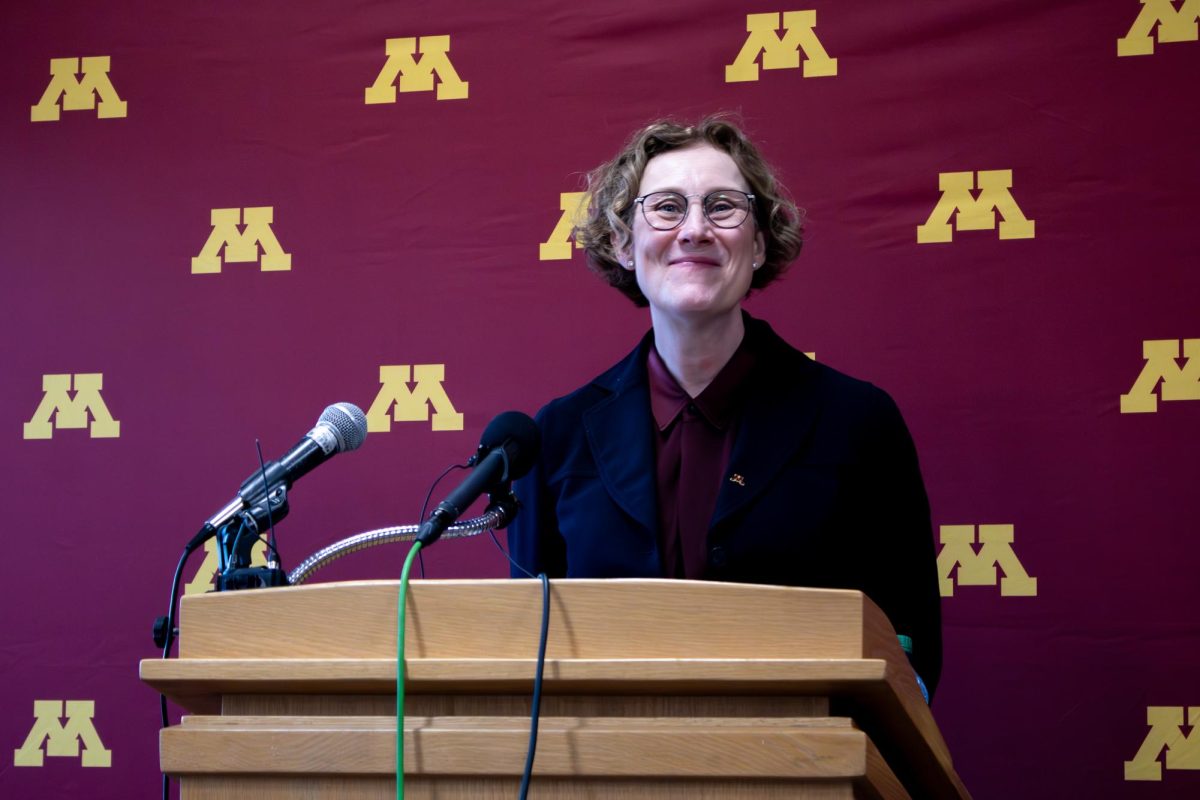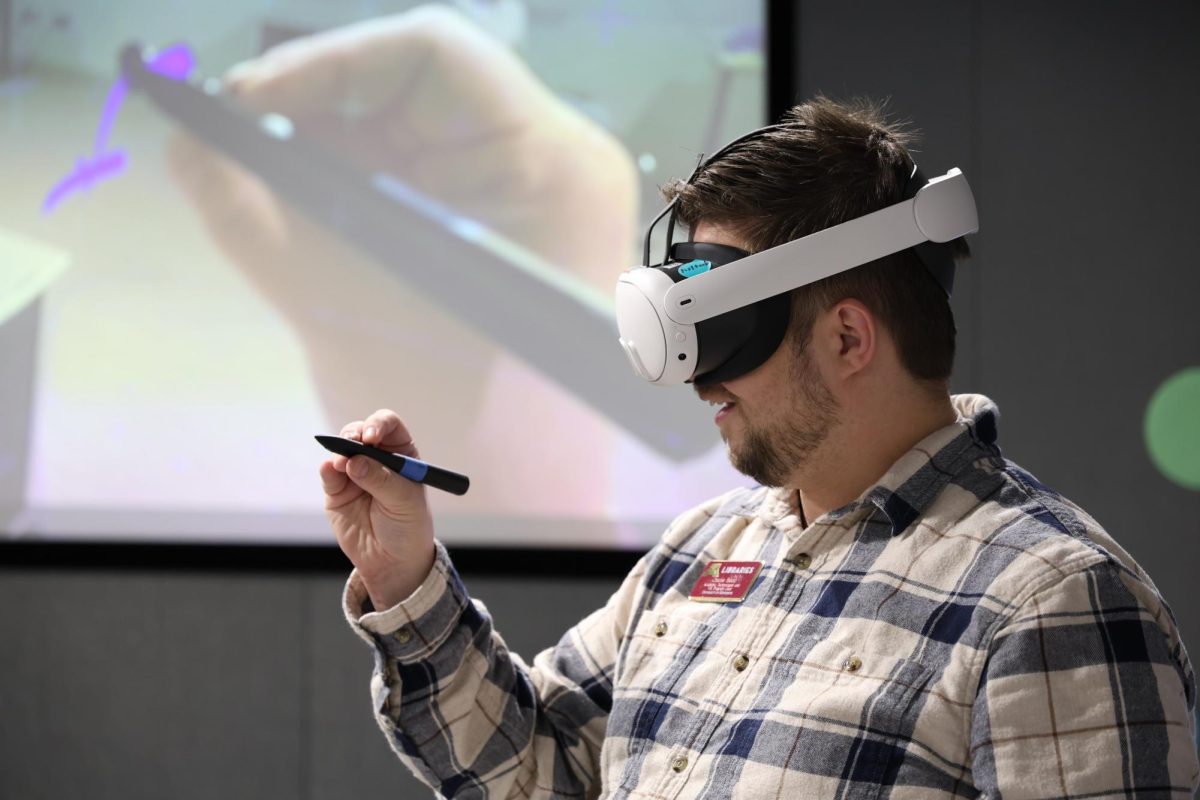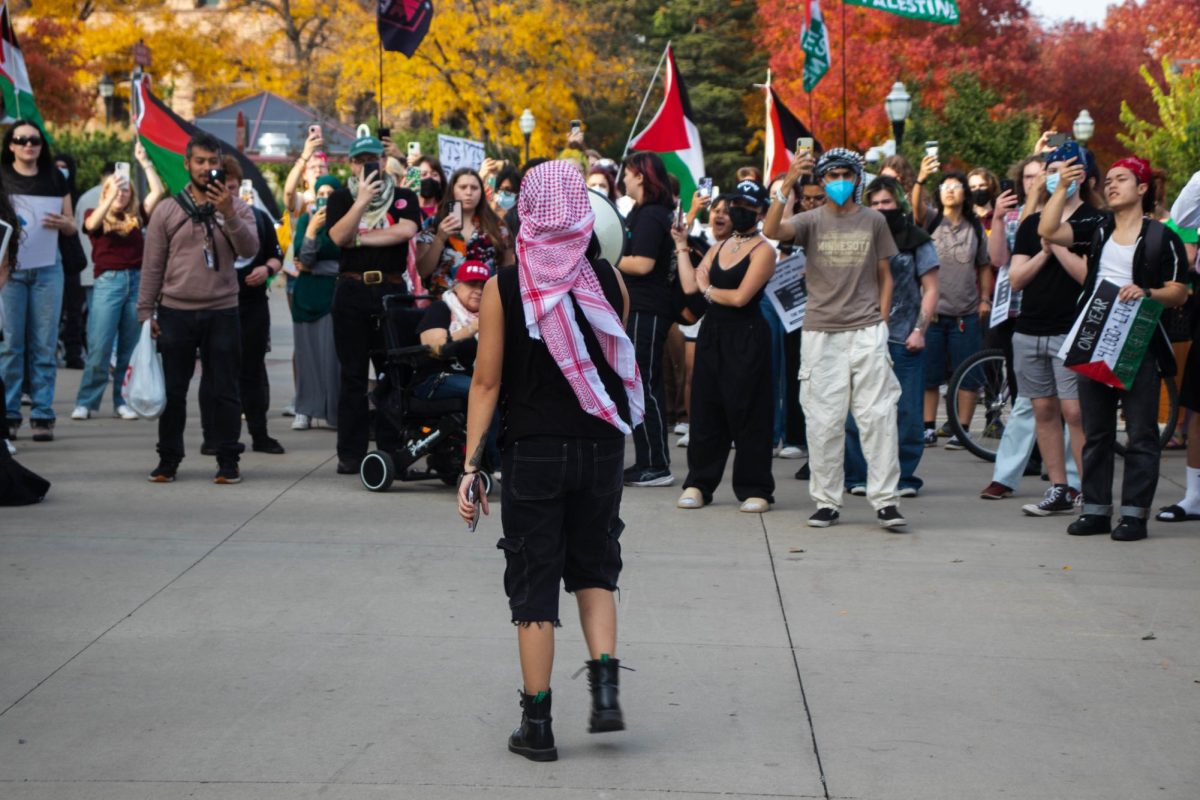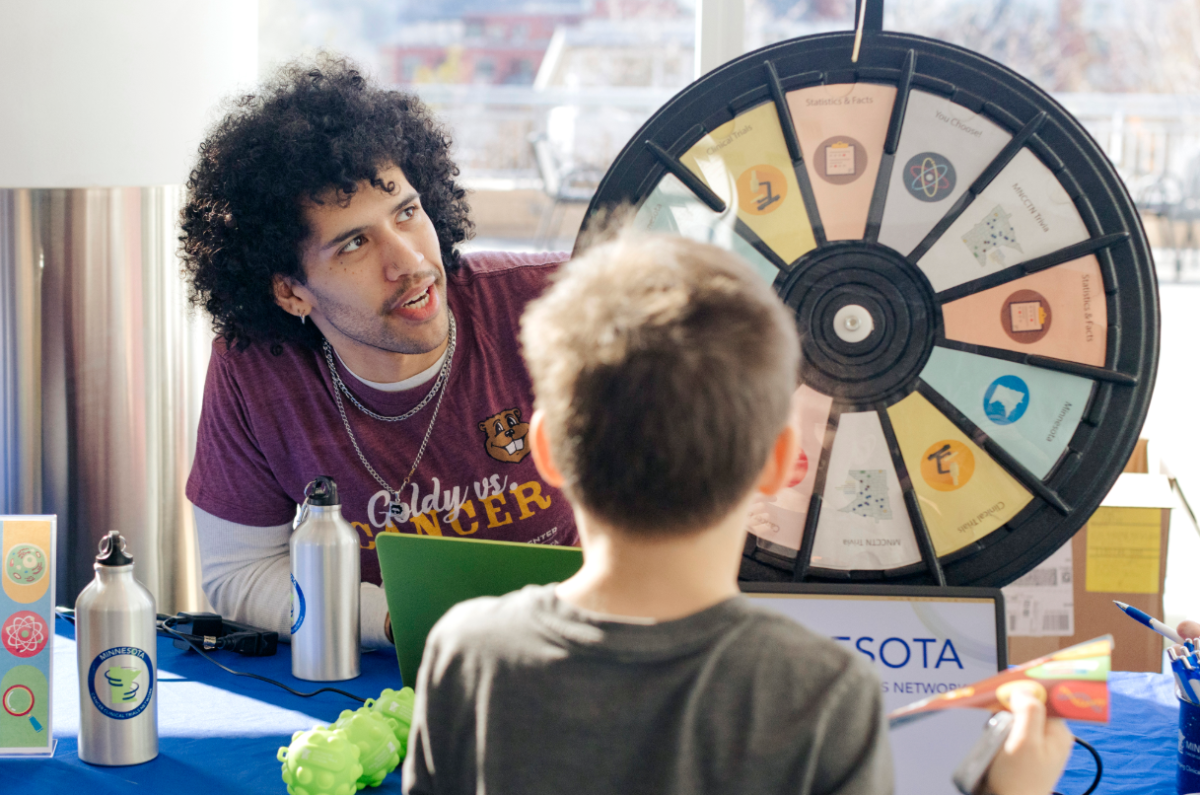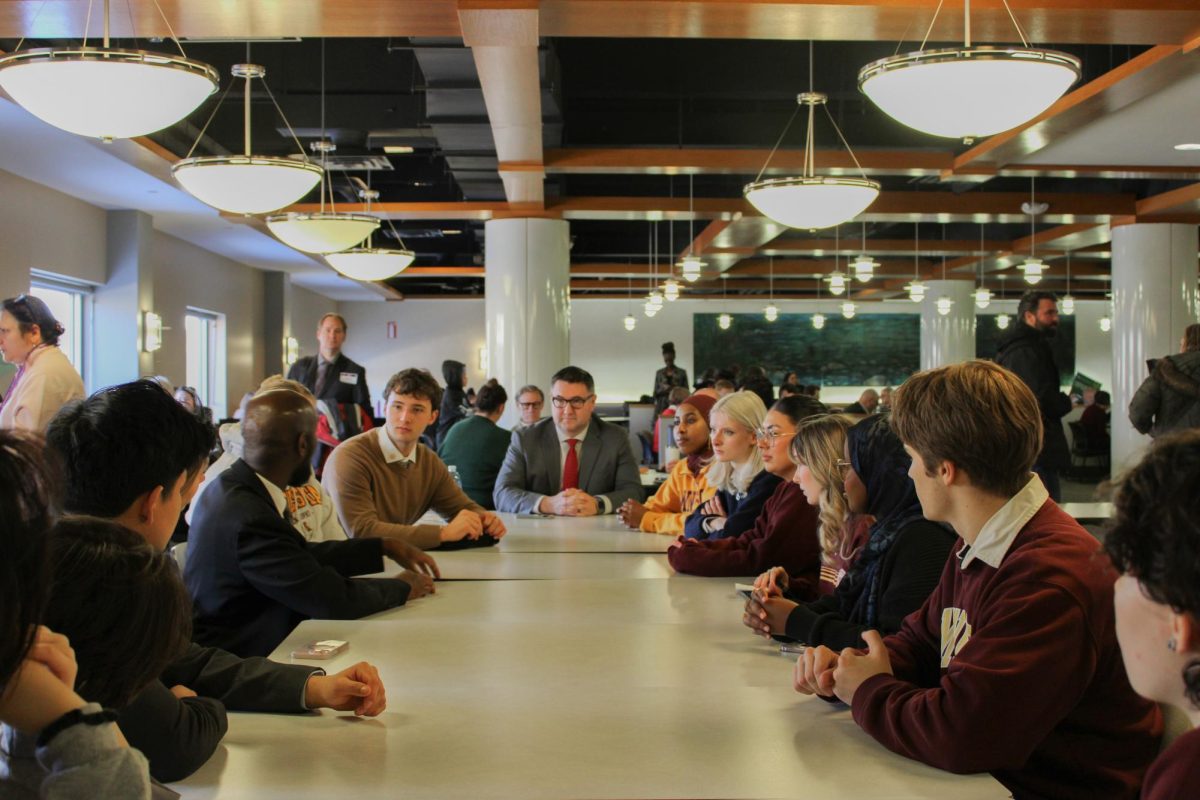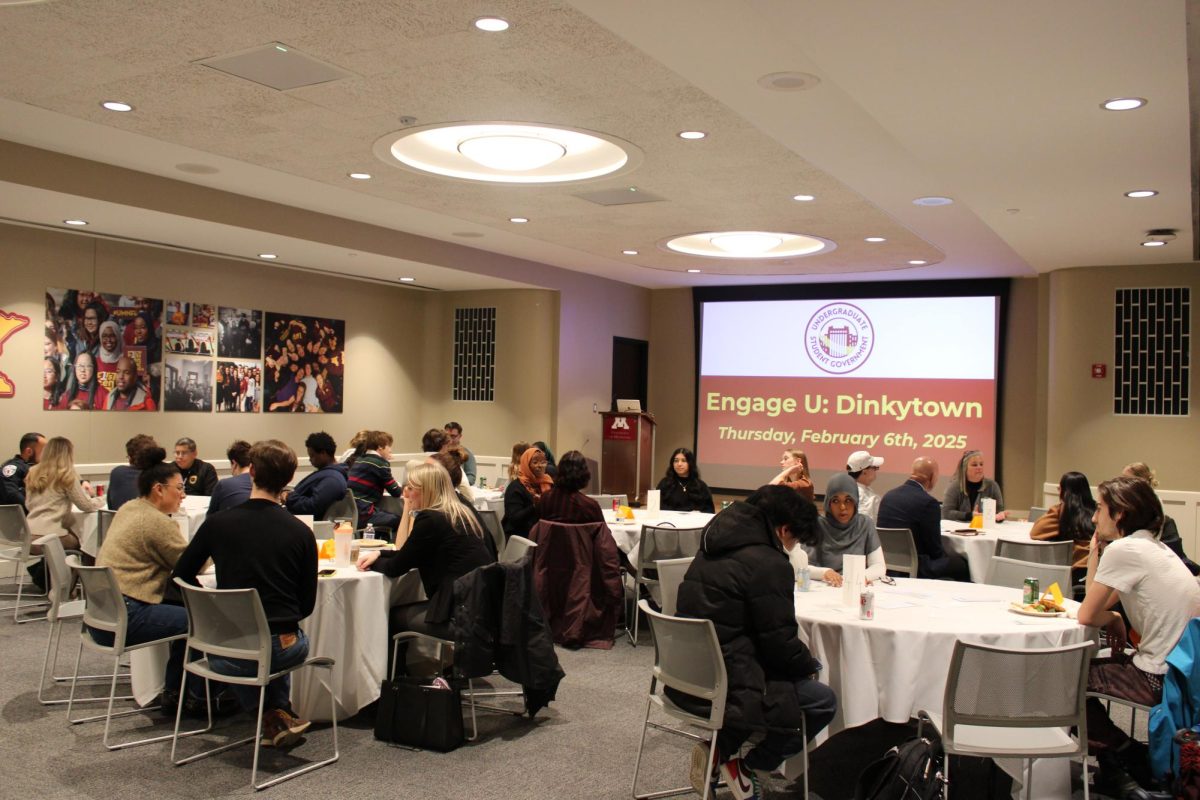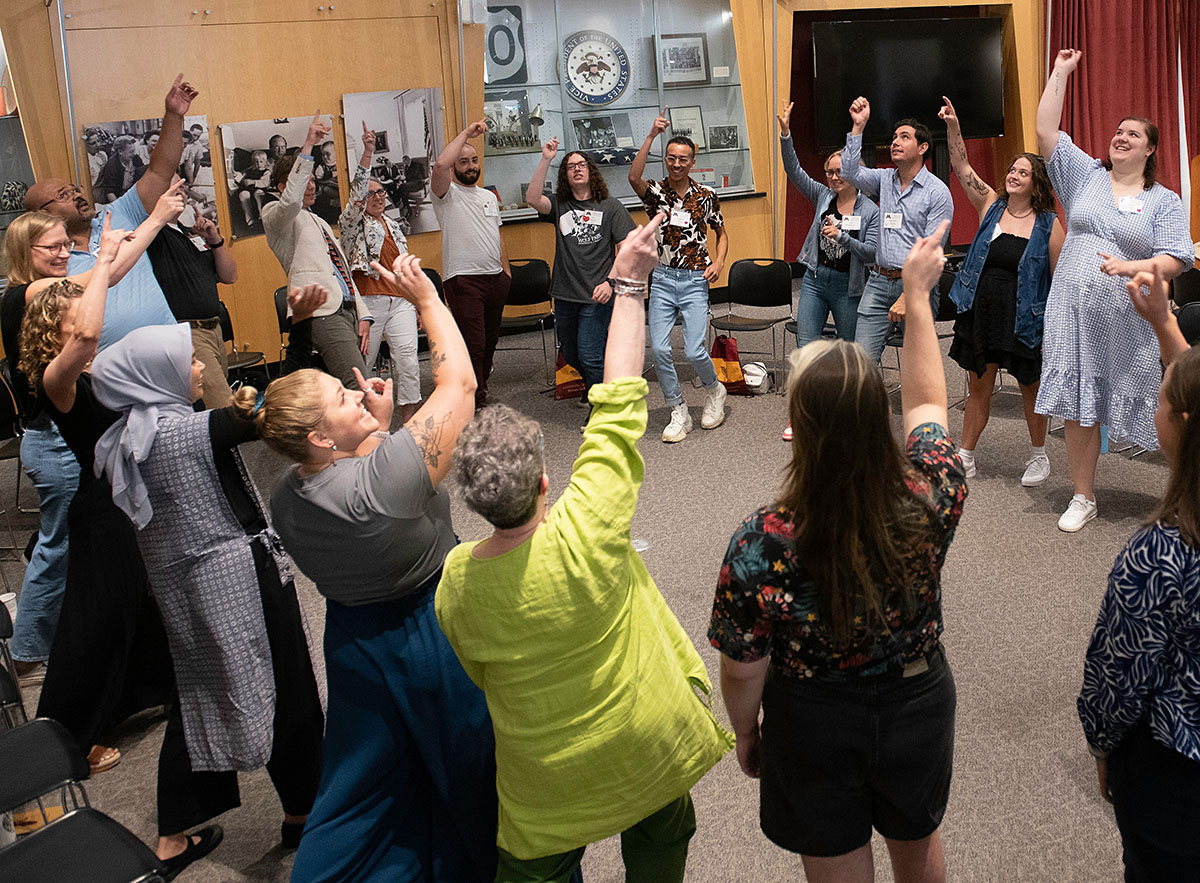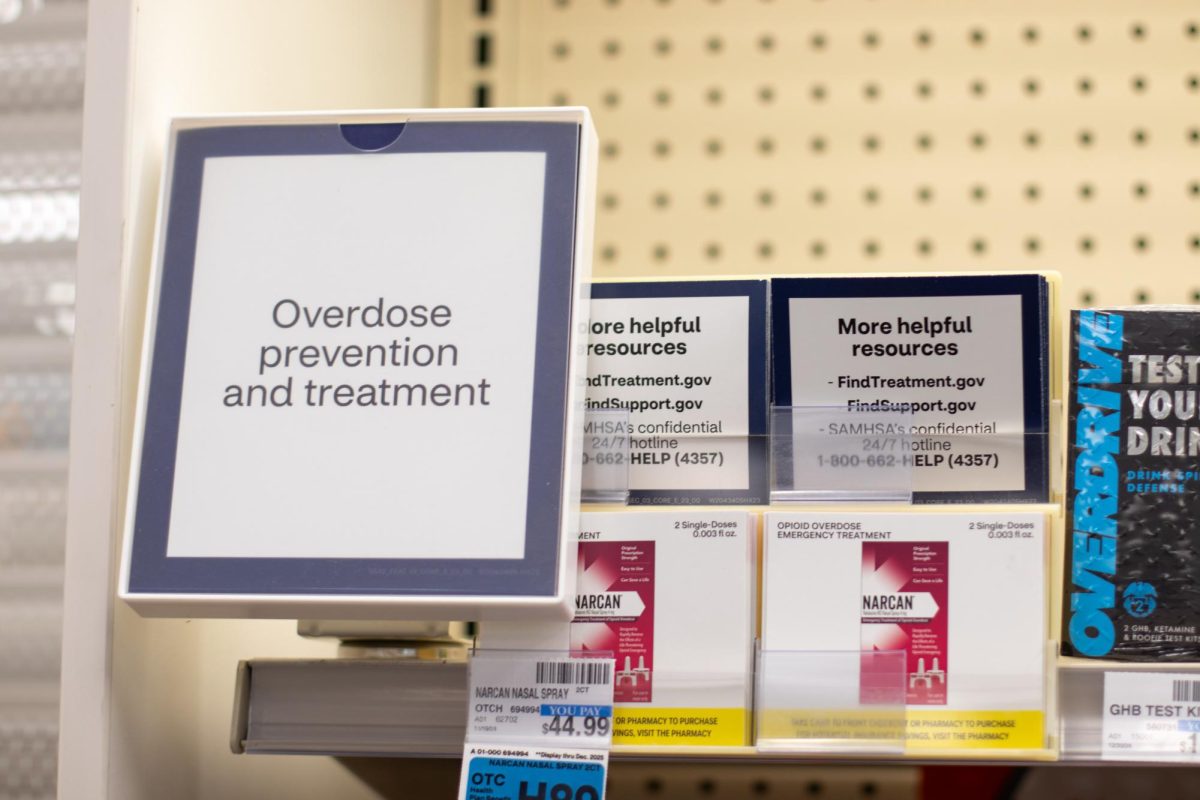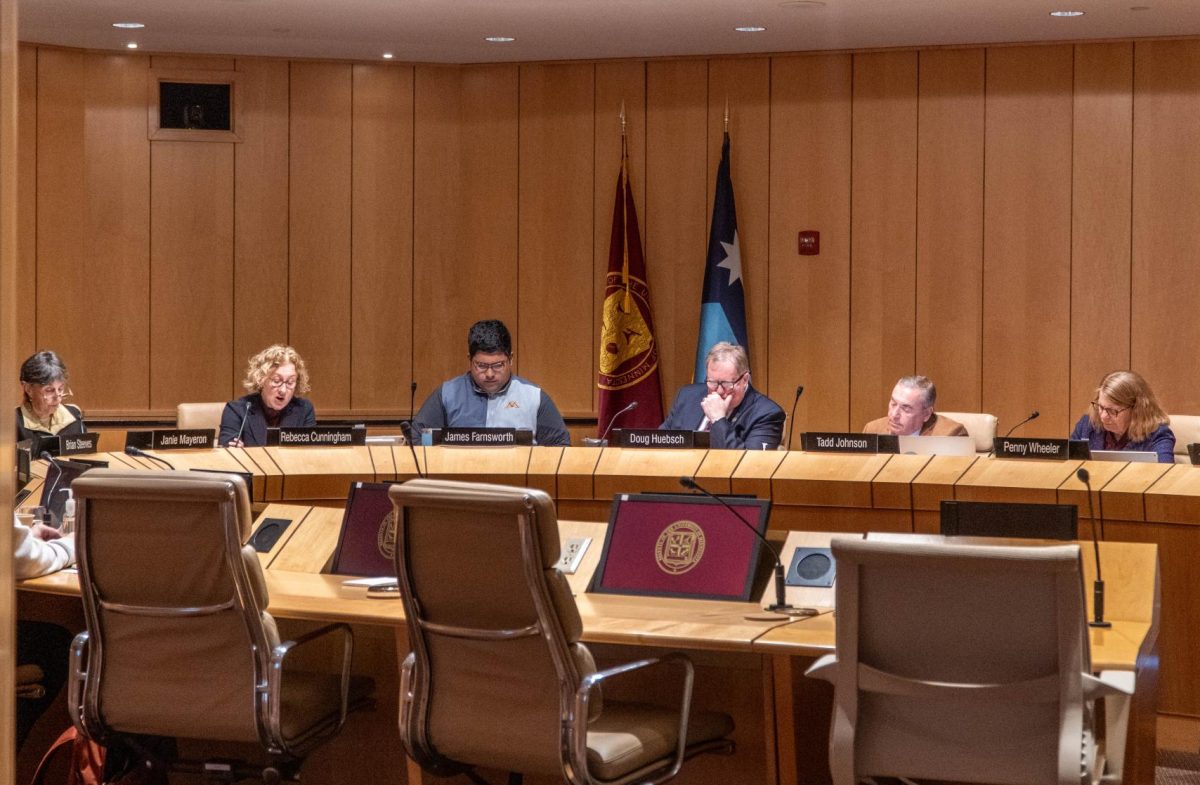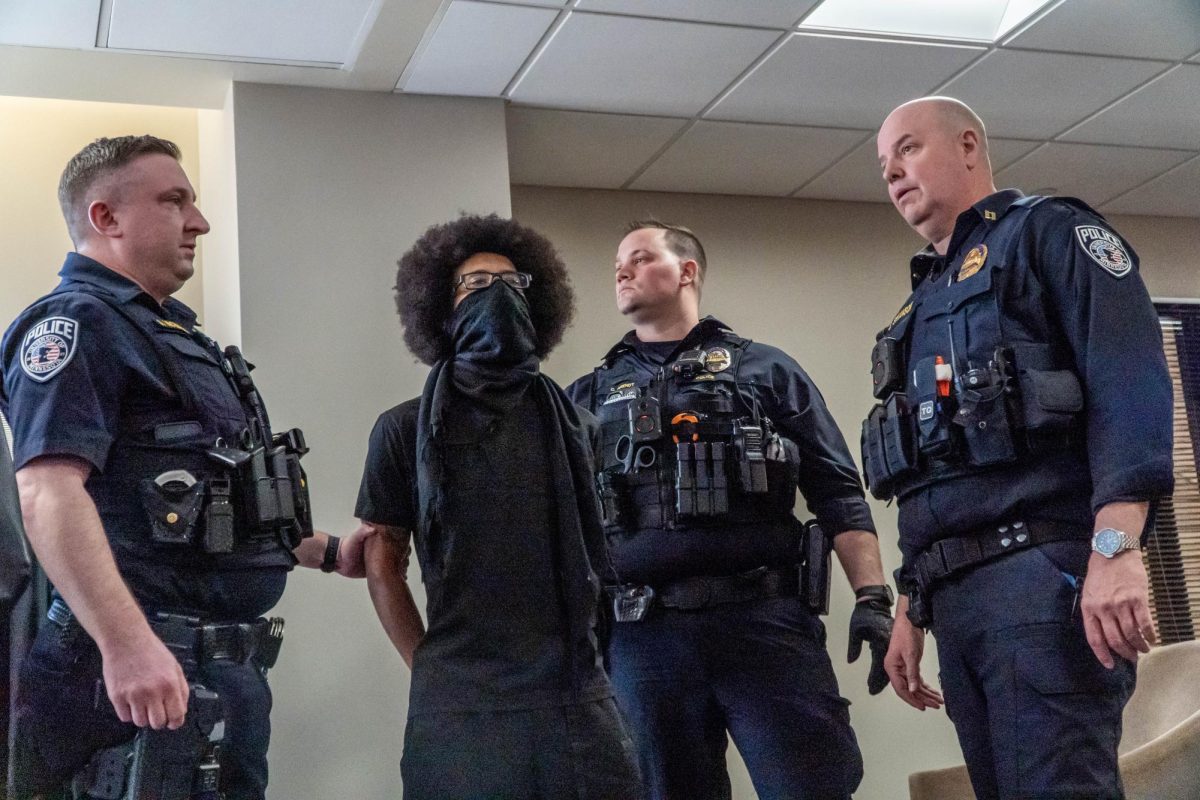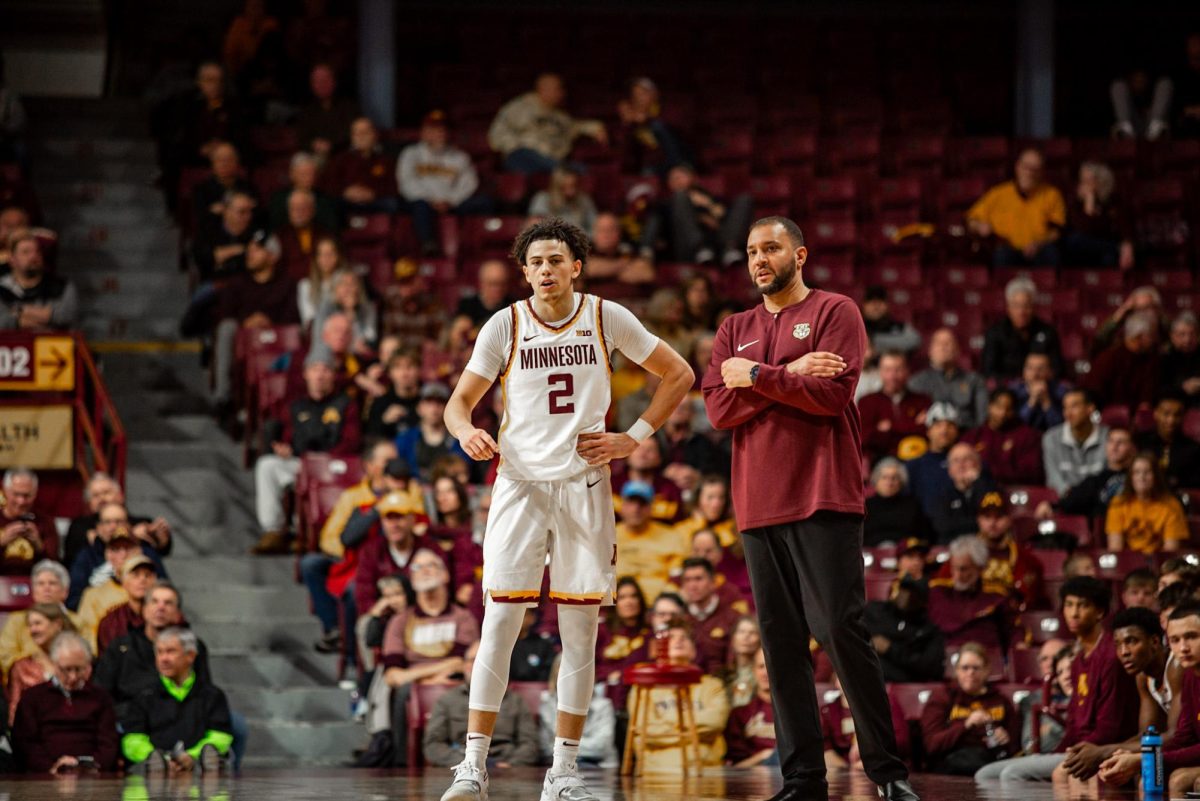As Rebecca Cunningham prepares to step into the University of Minnesota’s presidential role this summer, student government groups are getting ready for change.
The University’s Undergraduate Student Government (USG), Council of Graduate Students (COGS) and Student Senate are working to bring student voices to University administration and the Board of Regents.
USG’s Representatives to the Board of Regents, Niko Vasilopoulos and Ebba Wako, sat in on each presidential candidate’s interview with the Board of Regents. From the beginning, Vasilopoulos said he thought Cunningham stood out as a qualified candidate.
“Once I began hearing her ideas for the University, I could tell that she is very passionate, very qualified, and I think she’ll do a great job,” Vasilopoulos said.
Vasilopoulos said the transition from Interim President Jeff Ettinger to Cunningham is crucial for students and student leaders.
”When a new president comes in, we now have an opportunity to reset expectations, to outline how we want our interactions to be and what priority students have,” Vasilopoulos said. “I’m hopeful that Dr. Cunningham stepping into this role will allow a lot of student voices to be brought into her decisions.”
Jacob Richter, a student senate member, said he hopes Cunningham will take student advocacy seriously. He added that some of the things he would most like to see during Cunningham’s tenure include getting an on-campus grocery store to address food insecurity students face and creating a policy that guarantees more student representatives on future presidential search committees.
“Of course, there were some student members at the presidential search committee, but it was never in writing and was never guaranteed, and that is something that we would also like to see going forward,” Richter said.
As the co-chair of the Public Safety Working Group, Richter said they are currently looking to address the issue of sexual assault and rape on campus.
“That is an issue that does not get much exposure at all,” Richter said. ”There is an alarming amount of sexual crimes that happen on campus residential halls, and I am hoping that’s something President Cunningham will be able to address, as it looks like she’s worked in that field in the past at the University of Michigan.”
COGS member Chase Krug said he wants Cunningham to aim for increased student input on how student fees are allotted for student issues and needs. As a graduate student himself, he added he wants to see more advocacy for issues affecting graduate students.
“I want to make sure graduate students’ issues are addressed,” Krug said. “That could be how different regulations affecting graduate students have impacted our work, and those types of issues.”
Krug said he is hopeful Cunningham will be more present on campus. Like Vasilopoulos, he added that he hopes Cunningham engages more with student government organizations.
“I hope that she engages with the registered student government organizations and Student Senate on various issues that we want to bring to administration, and have a partner in her that she can take our concerns,” Krug said. “We can collaborate in different ways and have a really good working relationship.”
Wako said he is hopeful Cunningham will help expand the University and strengthen relationships between administration and students. He added he likes Cunningham’s fit with the University given her “experience with research and innovation” and that the University is a “big research school,” and he hopes she can expand the University’s funding for research.
Wako said he hopes there is transparency in decisions that affect students. He said he believes students need more explanation as to why certain decisions get made.
“Representatives can do only so much,” Wako said. “It’s really important to be able to hear from the source itself, and from the people that we are hoping make the best decisions for us.”


